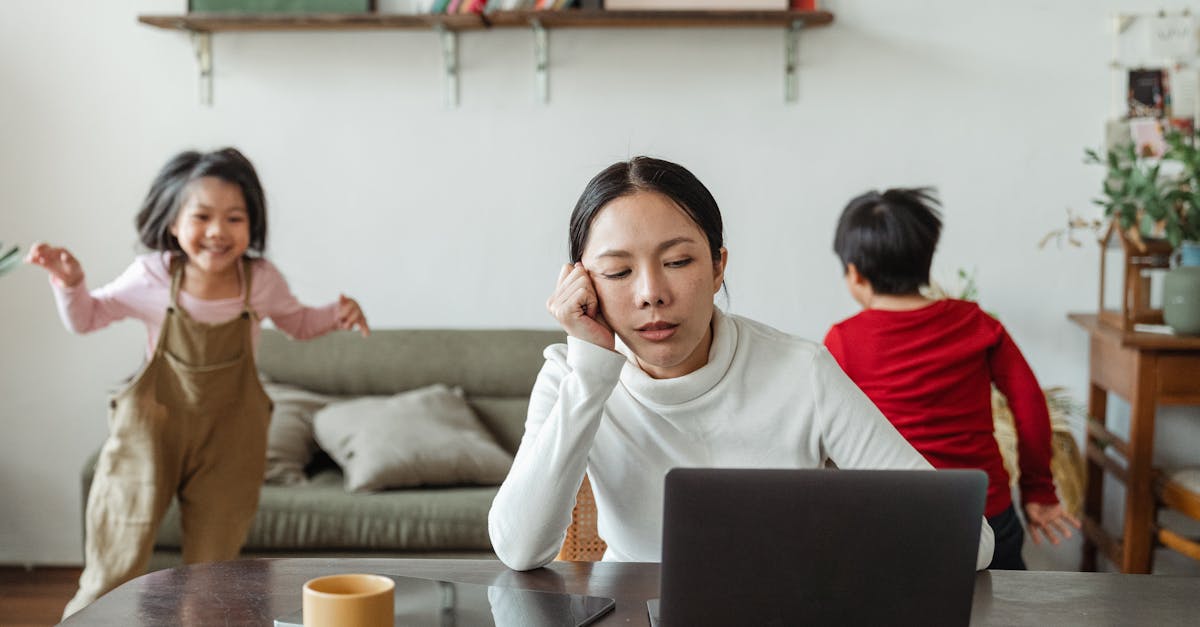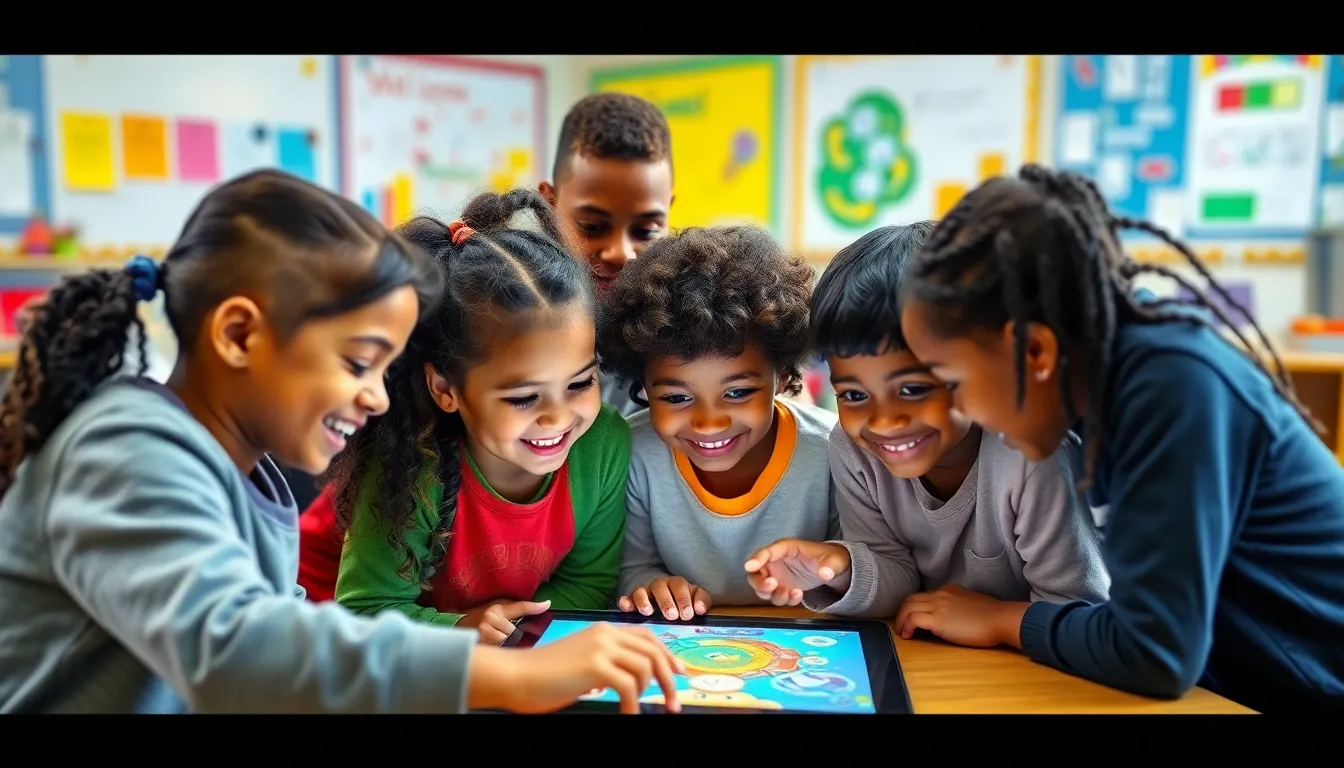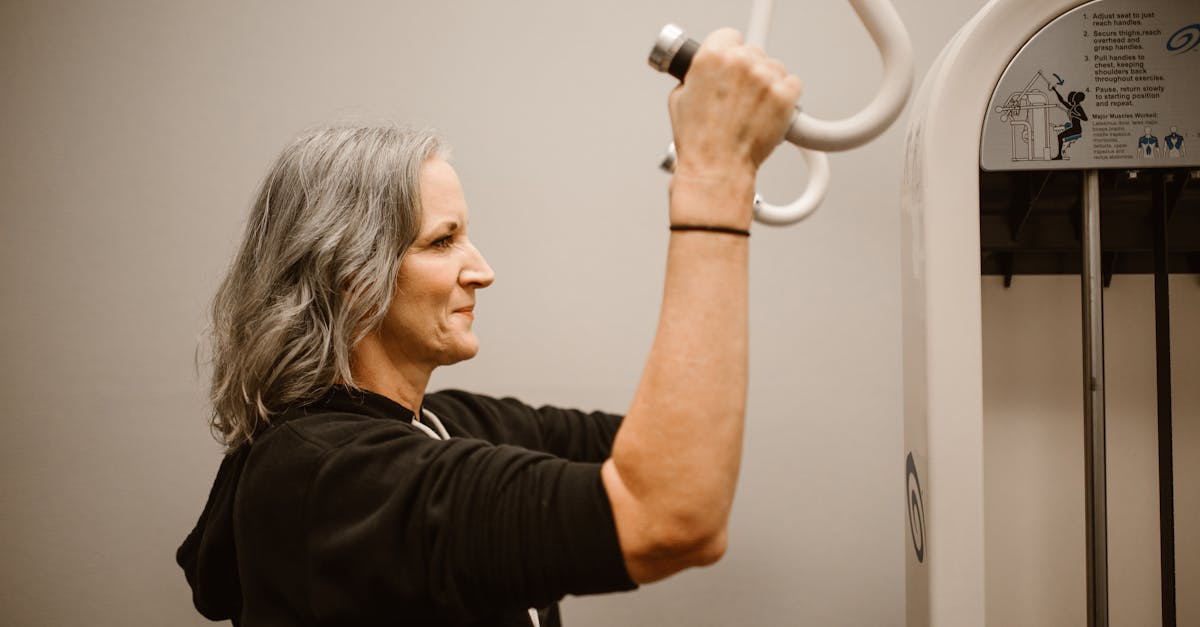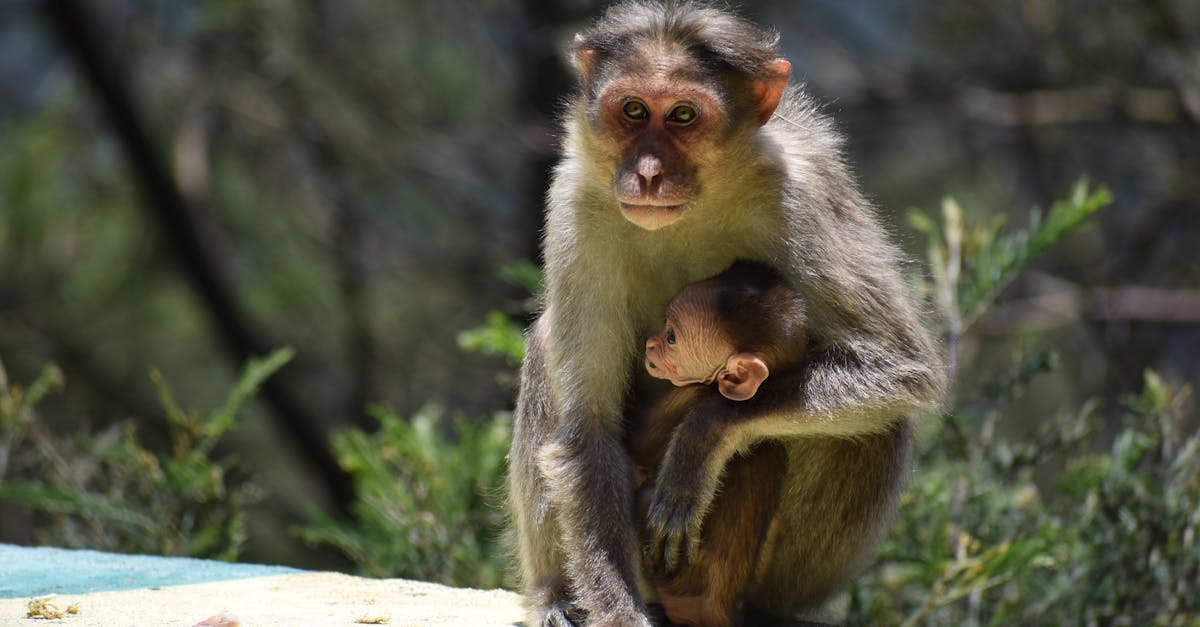Table of Contents
ToggleIn a world where parents hover like helicopters, ready to swoop in at the first sign of trouble, it’s no wonder anxiety levels are skyrocketing. Helicopter parenting might seem like a loving approach, but it often leaves both parents and kids feeling frazzled. The good news? There are effective techniques to help dial down that anxiety and reclaim a sense of calm.
Understanding Helicopter Parenting
Helicopter parenting involves excessive involvement and oversight in a child’s life, which often leads to heightened anxiety levels in both parents and children. While the roots of this parenting style stem from love and care, it can create a challenging environment.
Definition and Characteristics
Helicopter parenting describes a style where parents monitor their children closely, controlling their activities and decisions. This approach includes hovering over children during play or academics, often making decisions for them. Characteristics include constant communication, over-scheduling, and an inability to let children experience failure. Many parents adopt this style believing it ensures safety and success.
Impact on Children and Parents
Children raised by helicopter parents may develop dependency, facing challenges in decision-making and problem-solving. Anxiety often becomes prevalent as they struggle to navigate the world independently. Parents, on the other hand, experience stress due to this constant involvement, which can lead to feelings of inadequacy and burnout. Over time, both parties may find it difficult to establish healthy boundaries, resulting in strained relationships that inhibit personal growth.
Helicopter Parenting Anxiety
Helicopter parenting leads to anxiety for both parents and children. Overprotective behaviors often stem from a desire to keep children safe, creating an environment filled with worry.
Causes of Anxiety in Helicopter Parents
Excessive monitoring and control contribute significantly to parental anxiety. Observing children’s activities constantly fosters fear of potential danger. Lack of independence in children exacerbates this stress, as parents feel responsible for every decision. Comparisons with other parents further increase their insecurities. Media coverage of negative outcomes can amplify these fears, prompting parents to tighten their grip.
Effects on Parenting Style
Anxious parents often exhibit controlling behaviors that impact their children’s autonomy. These parents may over-schedule activities, limiting opportunities for children to learn from failure. Tensions arise from a strong need to intervene, preventing children from developing crucial problem-solving skills. Emotional burnout becomes common for parents who struggle with constant involvement. Restricted parenting styles hinder children’s ability to make decisions and build resilience, ultimately affecting their confidence.
Techniques for Anxiety Reduction
These techniques can significantly alleviate anxiety associated with helicopter parenting. Implementing them promotes healthier dynamics between parents and children.
Mindfulness and Relaxation Strategies
Mindfulness practice fosters awareness and emotional regulation. Techniques such as deep breathing, meditation, and yoga can be beneficial. Engaging in these activities allows parents to reduce stress levels and improve focus. Incorporating even a few minutes daily can enhance overall well-being. Resources like guided meditation apps or local classes serve as excellent starting points. Mindfulness encourages parents to embrace the present moment, helping to dissipate worries about future uncertainties.
Communication Skills for Parents
Effective communication strengthens bonds. Parents should express feelings and concerns openly, promoting transparency. Encouraging active listening ensures understanding and validation among family members. Practicing positive reinforcement rather than criticism builds confidence in children. Using “I” statements helps convey feelings without placing blame, reducing defensiveness. Regular family meetings foster a supportive atmosphere where all members can share ideas and resolve conflicts.
Setting Boundaries and Encouraging Independence
Establishing clear boundaries supports healthy growth. Parents must define limits while allowing children to explore independently. Encouragement to make decisions equips children with essential life skills. Allowing freedom to face challenges fosters resilience and problem-solving abilities. Gradually increasing responsibilities builds confidence and self-reliance. Balancing guidance with autonomy creates a nurturing environment conducive to both personal development and reduced anxiety.
Resources for Parents
Parents seeking to navigate helicopter parenting and reduce anxiety can explore various resources tailored to their needs. Engaging with the right materials and communities fosters a supportive environment.
Books and Articles
Numerous books and articles focus on promoting healthier parenting styles. “The Whole-Brain Child” by Daniel J. Siegel and Tina Payne Bryson offers insights into child development and effective communication. Additionally, “How to Raise an Adult” by Julie Lythcott-Haims emphasizes the importance of fostering independence in children. Articles from reputable sources like Psychology Today and Parenting Magazine provide practical tips and strategies for reducing parental anxiety. These resources empower parents to shift their perspectives and adopt a more balanced approach.
Workshops and Support Groups
Workshops provide invaluable hands-on experiences for parents. Local community centers and online platforms often offer sessions centered around anxiety reduction techniques and parenting skills. Support groups create safe spaces for parents to share their challenges and successes. Participation in these groups can lead to a deeper understanding of personal feelings and behaviors. Experts often facilitate discussions on boundaries, independence, and coping mechanisms. Finding connection with others facing similar struggles promotes growth and healing in the parenting journey.
Reducing helicopter parenting anxiety requires a commitment to change and self-awareness. By embracing mindfulness practices and fostering open communication, parents can create a more balanced and supportive environment. Encouraging independence in children not only builds their resilience but also alleviates parental stress.
Utilizing recommended resources and engaging with supportive communities can further enhance this journey. As families adopt these techniques, they’ll find a healthier dynamic that nurtures growth and confidence for both parents and children. Embracing this shift can lead to a more fulfilling parenting experience, paving the way for stronger connections and reduced anxiety.







